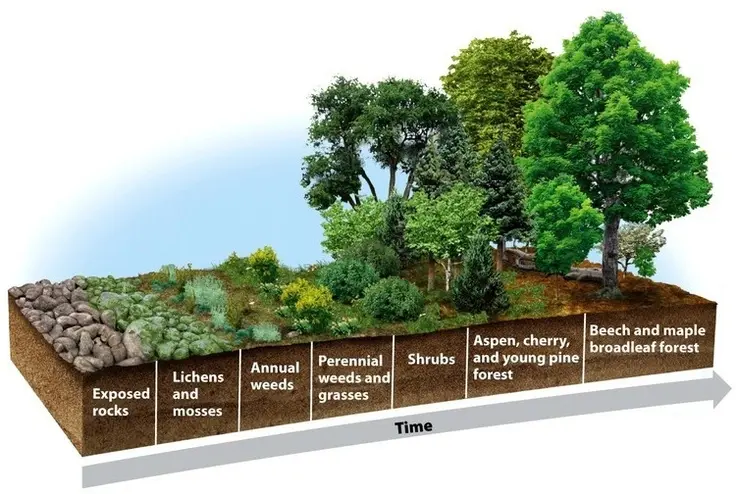What is Ecology?
- Naveen Kumar
- Oct 13, 2023
- 2 min read
Updated: Apr 14, 2024
Ecology is the study of the relationships between living organisms, including humans, and the physical environment they are part of; it seeks to understand the essential relationships between plants and animals and the world around them.
18th Century
Arcadian Ecology, is the first school of thought, that promotes a simple, humble life for man and a harmonious relationship between man and nature.
Imperial Ecology school of thought, believes in establishing man’s domination over nature by the application of reason and hard effort.
Carl-Linnaeus (1758) is known for giving the science of taxonomy, or the study of naming and classifying organisms.

19th Century
Alexander von Humboldt (1804) in his paper Idea for Plant Geography, presented a large number of plant species, and others, based on the geographic distribution using geological data. Many scholars regard him as the father of ecology.
Charles Darwin proposed his theory of evolution and adaptation in the year 1859. The theory of natural selection, famously known as survival of the fittest, is credited with Charles Darwin’s admiration.
Charles Darwin reported all of his observations, postulated mechanisms, and discoveries in his book 'On the Origin of Species' by means of Natural Selection, together with Alfred Russel Wallace.
Ecology terminology was introduced by German Zoologist Ernst Haeckel in 1869.
Eduard Seuss coined the word Biosphere; to describe the system made up of living beings and their surroundings in 1875.
Eugen Warming founded the field of Biogeography in 1895. The study of the geographic distribution of living organisms is known as biogeography.
20th Century
Vladimir Vernadsky, in his book, The Biosphere, described the biosphere as the worldwide ecological system that includes all living beings and their relationships, as well as their interactions with the lithosphere, geosphere, hydrosphere, and atmosphere in 1926.
The ecosystem was coined by Arthur Tansley in 1935 to describe the biological community of interacting species and their physical environment.
In 1953, the first ecology textbook was written by Eugene Odum and Howard Odum, and thereafter ecology became a university course.
James Lovelock 1970 coined the phrase Gaia, which refers to the concept that the entire earth is one living entity capable of ensuring its survival even if people destroy it.
In 1978, Conservation Biology was created as a study devoted to environmental management.

The history of Ecology in India includes ecological principles mentioned in ancient texts such as Vedas, Samhitas, Brahmanas, Aranyakas, Upanishads, etc.
References:
https://prepp.in/news/e-492-history-of-ecology-environment-notes
https://education.nationalgeographic.org/resource/ecology



